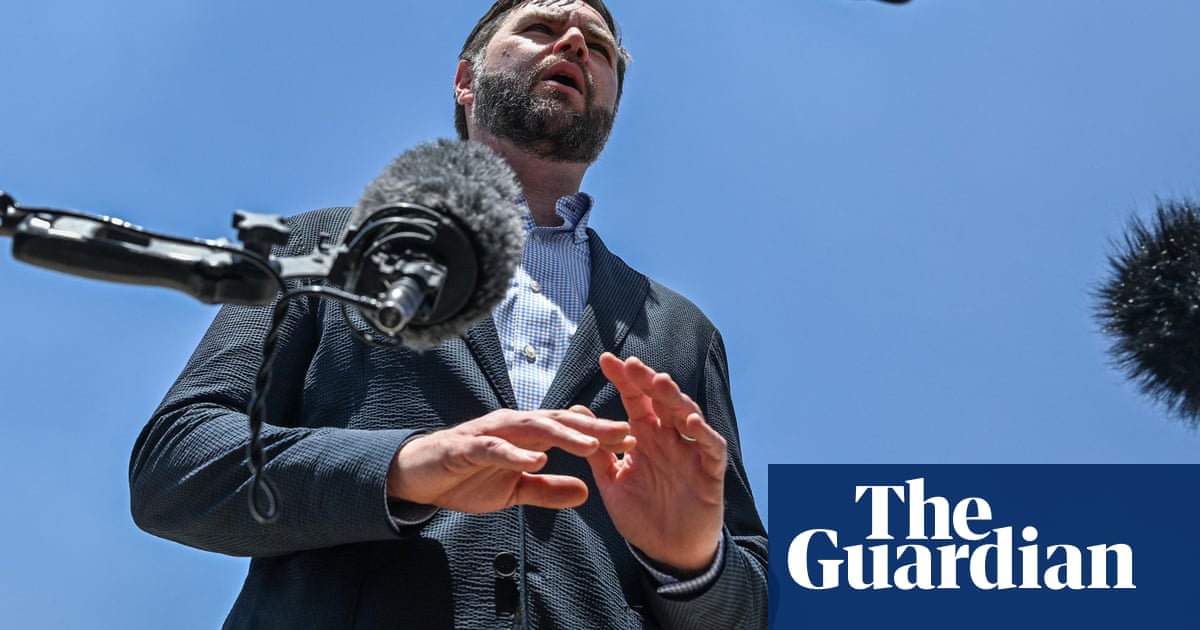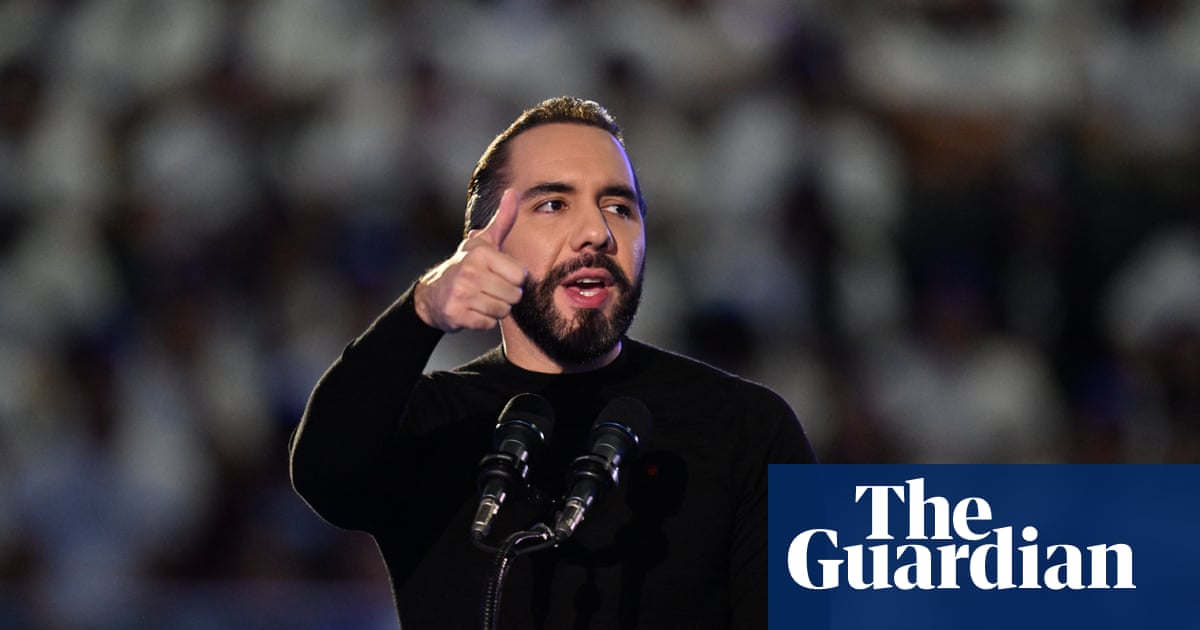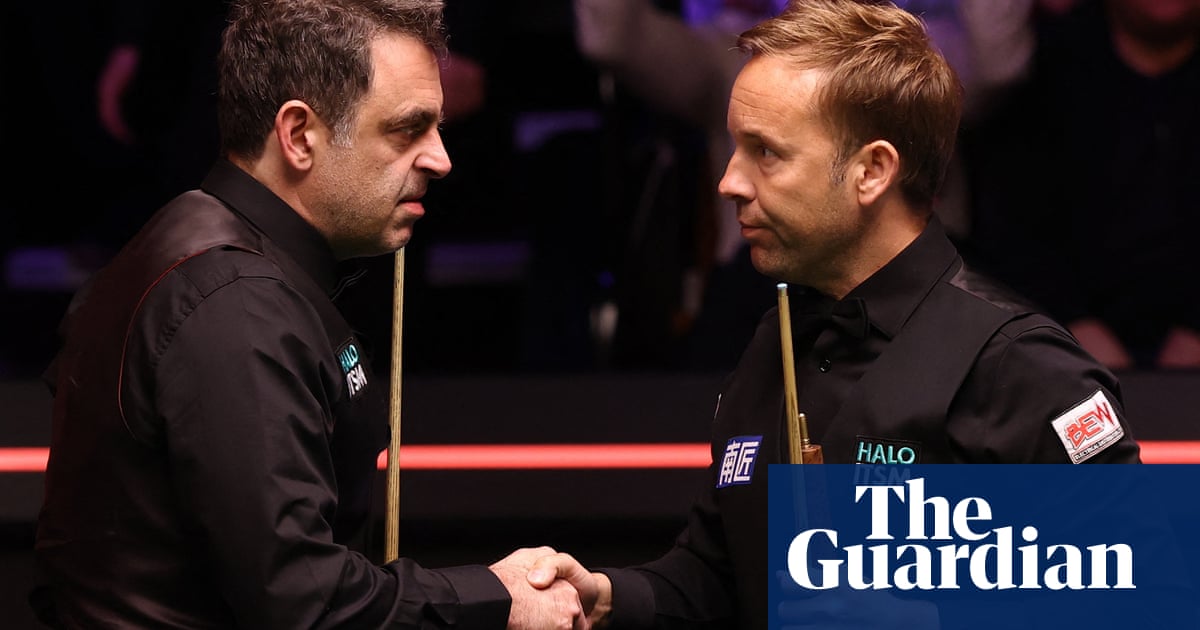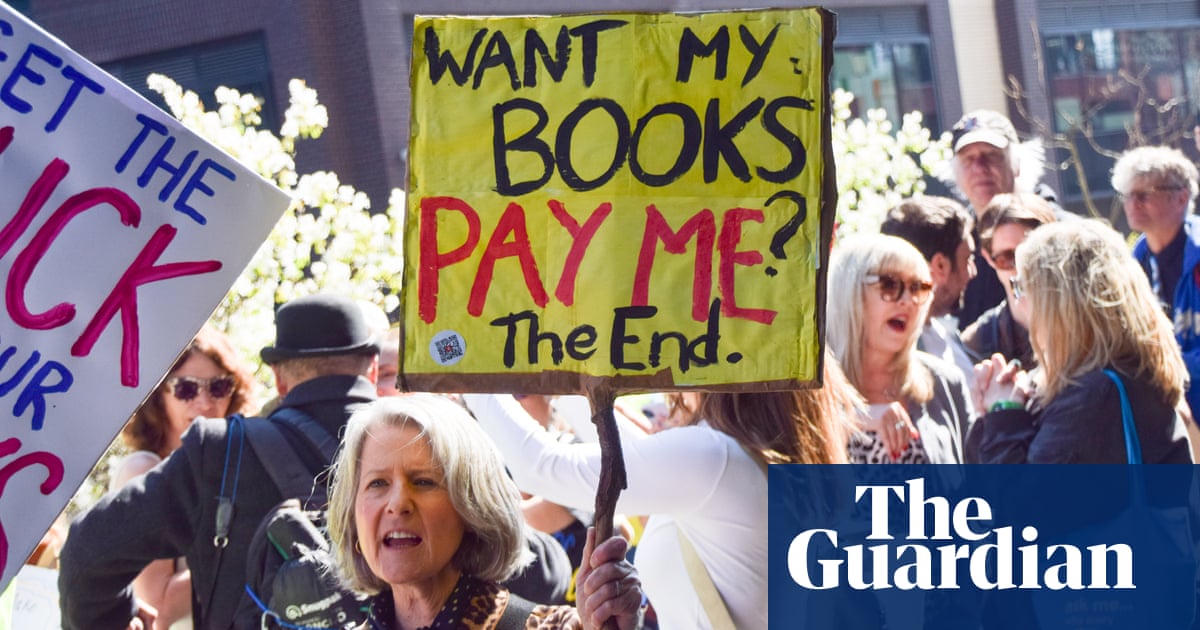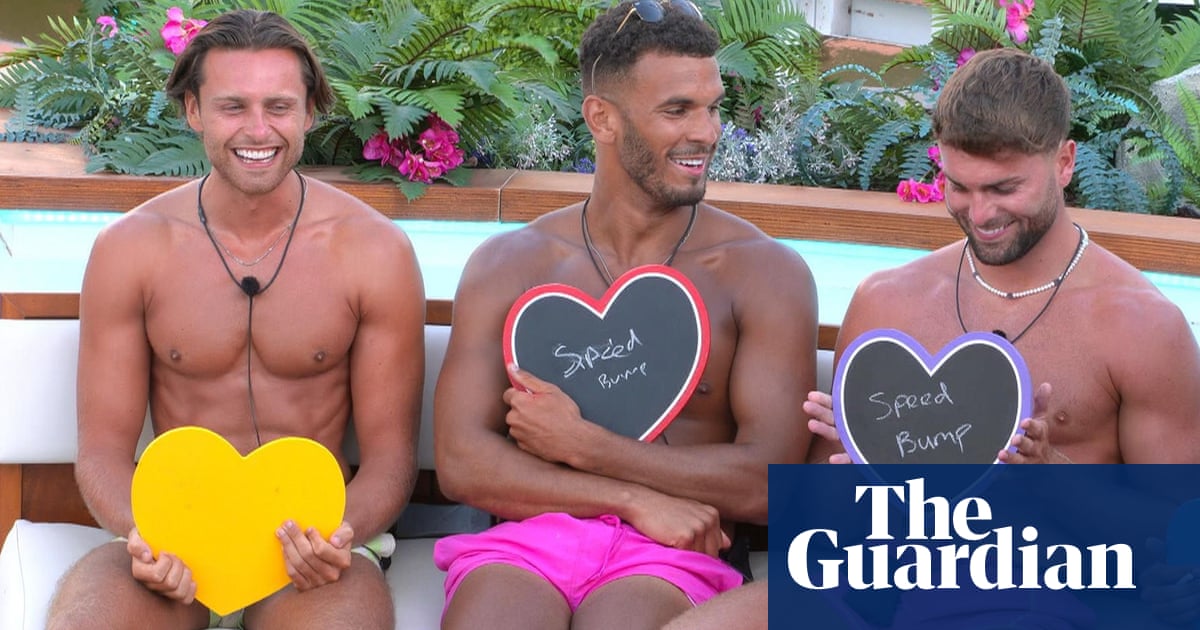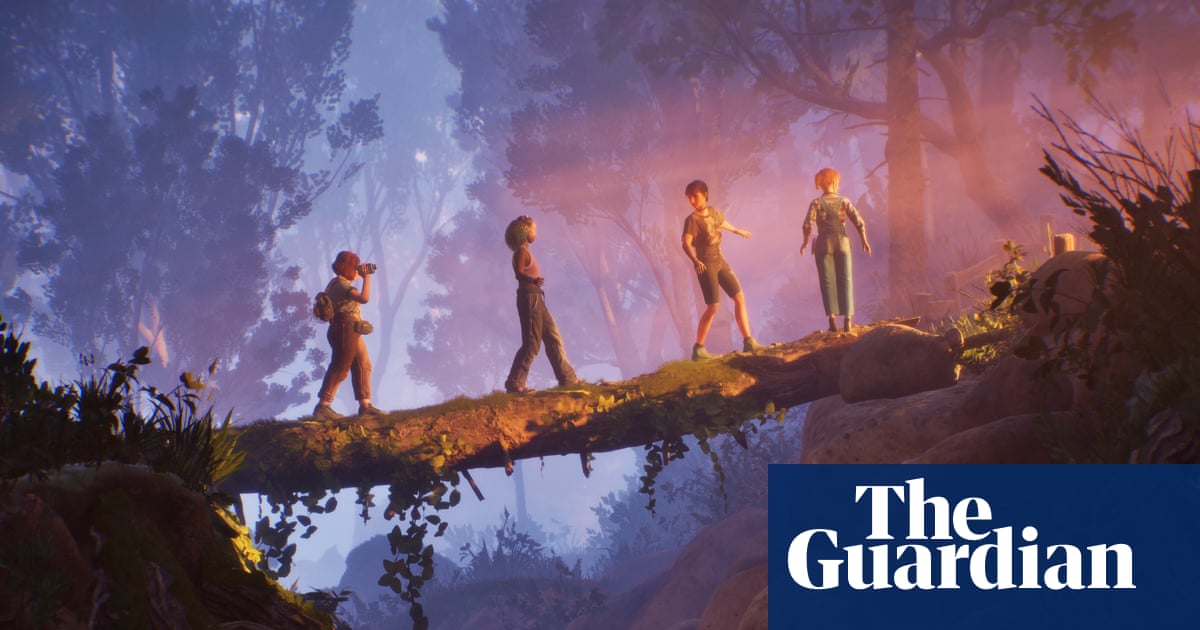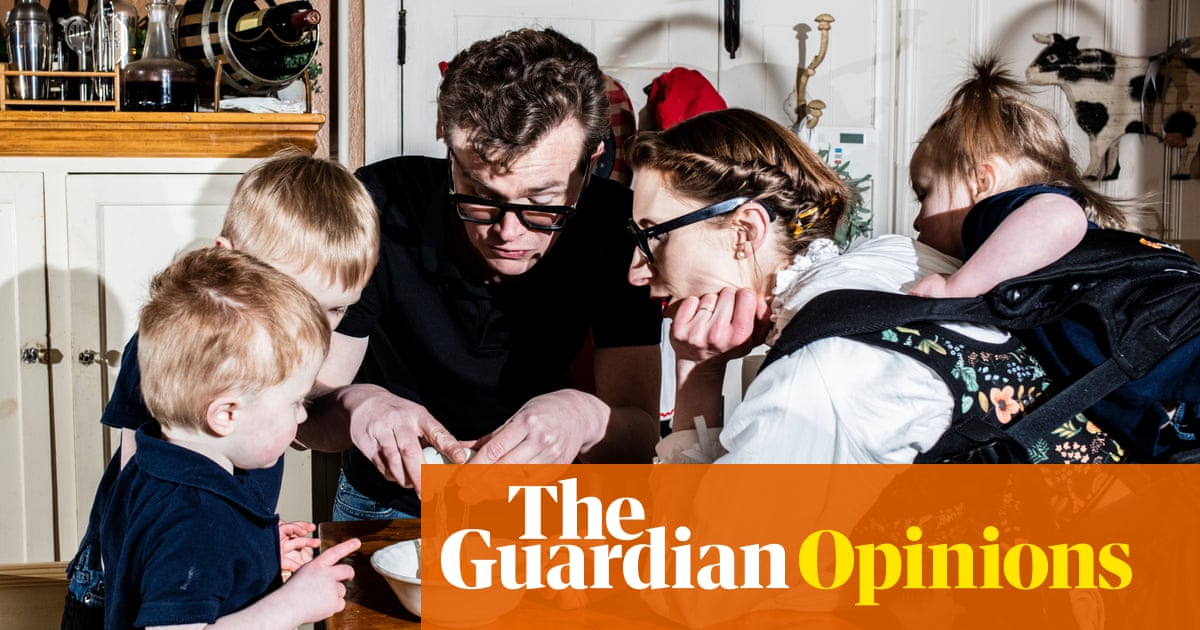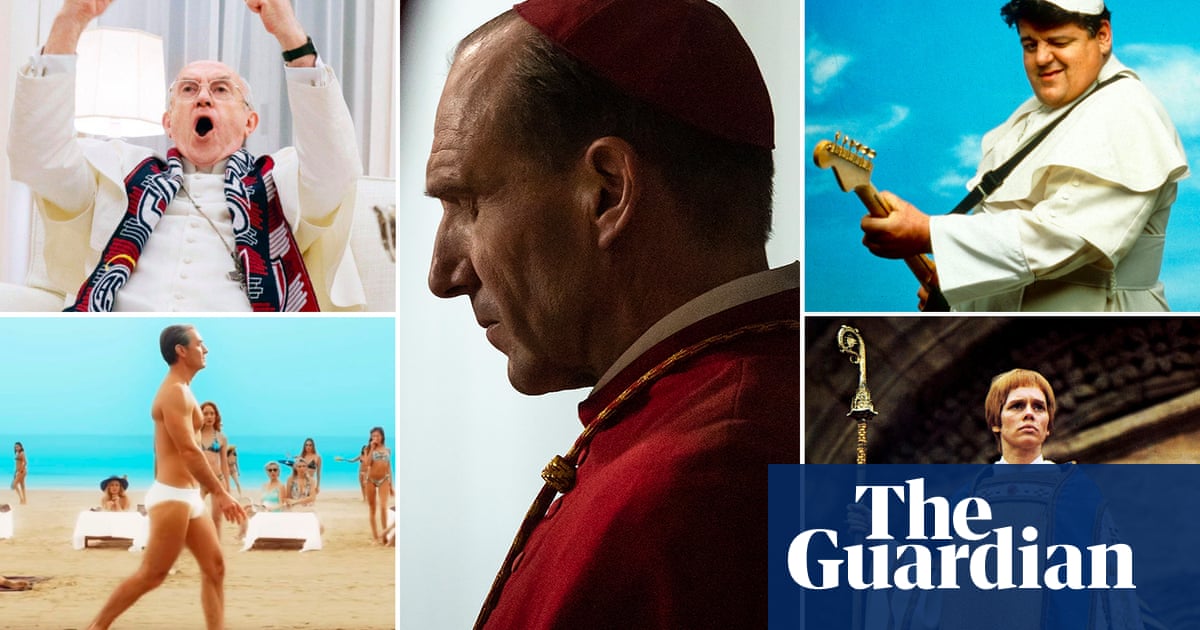By the time Ethan Nwaneri whipped in Arsenal’s fifth, the mood at the Emirates was euphoric. The 17-year-old’s finish, arced into the bottom corner from that inside-right position through which so many of Arsenal’s attacks had come, felt like the perfect finale to a dominant 5-1 win over reigning Premier League champions Manchester City. And it was, in more ways than one.
Its youthful chutzpah seemed an appropriate way to round off a win in which 18-year-old Myles Lewis-Skelly had been the most eye-catching player, having scored the third goal with an impudent shimmy into the box. Yet there was a strange realisation on seeing the replay. Nwaneri’s finish hadn’t nestled in that close to the corner of the goal; it wasn’t quite as good as it had initially appeared. And that felt emblematic of the game as a whole.
Of course Arsenal were magnificent – the first team ever to score five against a Pep Guardiola side and win by four or more goals. Of course they deserve enormous credit, particularly given the scars left by the run of 12 successive league defeats to City that culminated with Pep Guardiola’s side effectively sealing the title against Arsenal in April 2023. Of course there was much to admire in their youthful intent. But equally there was a strange feeling that, memorable as Mikel Arteta’s triumph over his mentor was, Arsenal hadn’t needed to be that good to win.
City had equalised at 1-1 in the second half, and in that moment there was a sense that Arsenal had allowed them back into the game. Goalkeeper David Raya had already been forced into two fine saves, Kai Havertz had missed a glaring chance and there was a growing feeling that Arsenal’s diffidence might cost them, that they were somehow playing less the City of today than the image of City implanted in their head by those six years of defeat. By the end they were rampant, scoring 105 seconds after City’s equaliser as part of four unanswered goals in the match’s final 37 minutes. Yet their xG for the game was, according to one model, only 1.06. As much as anything else, this was about City’s soft centre, about the way the fight left them entirely.
Is this the end? Not just for this season but for the Guardiola project as a whole? There’s a reluctance to call it, if only because City have been so dominant, because they have enjoyed such advantages, because Guardiola has been so obviously the most significant figure in shaping the tactical direction of the game over the past 15 years. Can it really be over? Is that it? Defeat at Tottenham in the Carabao Cup, a month of nonsense, and – boom! – that’s it, no mas?
Champions rarely lose so heavily, but Liverpool did in 2020, going down 7-2 at Aston Villa. Although that was a dreadful season for them, including a run of six straight home league defeats, it happened amid the strangeness of the Covid lockdown and Liverpool did ultimately rally to finish third. Generally, the precedents for City are not good: the closest analogy is perhaps Inter, who collapsed in the final weeks of 1966-67. Dominant under Helenio Herrera, who had reshaped the tactical landscape just as surely as Guardiola, they won only two of their final 11 games of the season, losing in a European Cup final and Coppa Italia semi-final and surrendering the league title, and were never quite the same again.
As with City, the sense was of injury and fatigue triggering crisis in a squad that had perhaps grown stale and, once their aura had gone, it turned out they had no way back. City have stabilised to an extent: they had lost just one of their nine fixtures before the capitulation at the Emirates. There had been a sense of normality returning, while the wave of new signings plus Erling Haaland’s new contract had suggested a club girding itself for a rebuild. It was not the calm, gradual process of the past few seasons, an indication of how recruitment had gone awry, but the chaos of November and December was over. Would it perhaps come to be seen as two bizarre, freakish months?
Sunday proved it was not. City remain staggeringly open. They make mistakes. They do not press with the precision they used to. Opponents no longer fear them, rather seeing in them an opportunity for a notable result. After Leyton Orient in the FA Cup, they face Real Madrid, Newcastle, Liverpool and Tottenham, who have already beaten them twice this season. This could be another month of misery for City.
And what then? Can the rebuild work, or is something too far broken? Guardiola has been a manager at the top of the game for 17 years; few last more than a decade. Does he still have the energy to keep fighting, to keep evolving, to start again? History suggests few come back from seasons like this, that auras once lost are rarely reestablished. Guardiola is close to unique, but restoring City to dominance may be beyond even his abilities.
On this day

You’re 23, you’ve just moved from Chacarita Juniors to one of the biggest clubs in Argentina and you’re told you’ll be making your debut in the Superclásico for Boca Juniors against River Plate. What do you hope for? Perhaps you’d be happy to simply not make a fool of yourself, to just get through the game with the eyes of the nation upon you? But Carlos María García Cambón got off to the perfect start, seizing on a long ball and smashing his finish past Ubaldo Fillol to give Boca a second-minute lead.
But that was only the start of it. By full time on 3 February 1974, Cambón had become the first – and, as yet, the only – player ever to score four in a Superclásico as Boca won 5-2. It was arguably the greatest debut in history. Perhaps inevitably there was a sense of anticlimax after that. Cambón had already won an unlikely Metropolitano with Chacarita but he lifted only one further Metropolitano and one National with Boca and by 1977 he had moved on to Unión de Santa Fe. He wound down his career in Greece with Olympiakos and then in the USA with Rochester Lancers and the Las Vegas Eagles before returning to Argentina with Loma Negra de Olavarría.
-
This is an extract from Soccer with Jonathan Wilson, a weekly look from the Guardian US at the game in Europe and beyond. Subscribe for free here. Have a question for Jonathan? Email [email protected], and he’ll answer the best in a future edition.

.png) 2 months ago
24
2 months ago
24

